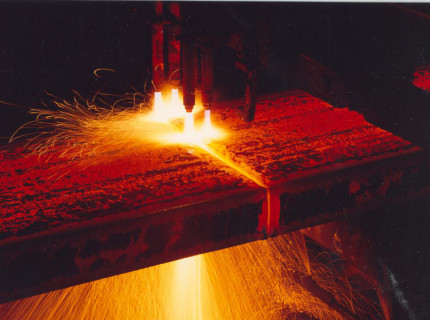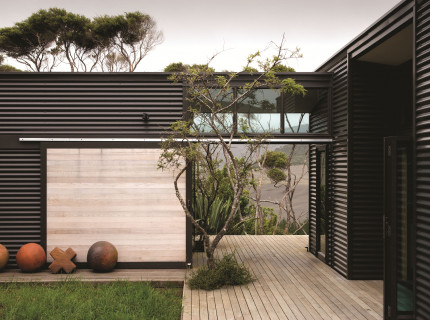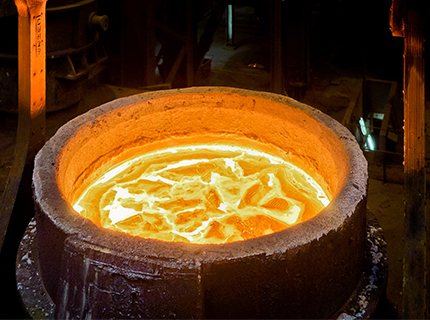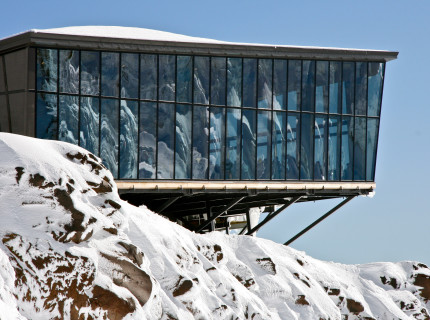In New Zealand, the Resource Management Act (1991) requires businesses to manage the effects their activities have on the physical and natural environment. Resource consents must be obtained for any activity which is not permitted by a Regional or District Plan. Through the process of evaluating the environmental effects of an activity, the relevant Council will set out specific standards, limits and requirements to ensure that any adverse effects on the local environment are avoided or minimised. For NZ Steel its existing suite of resource consents set out specific conditions which need to continually be meet and include measurement and monitoring of discharges to air and water.
Prior to the current legislation the NZ Steel’s activities at the Glenbrook Steel Mill were subject to the Clean Air Act, Water and Soil Conservation Act and Town and Country Planning Act. This meant that the manufacturing facilities at the Steel Mill were designed to meet the strict environmental controls for discharges to air, water and land.
Similarly, the WNH Ironsand mine and the Pacific Steel long-products manufacturing facilities have been established with appropriate environmental controls.
For New Zealand Steel, the challenge of complying with strict environmental conditions set by the regulatory authorities throughout its life, has been met head on. Care has been taken in controlling the effects of each operation, including: extracting ironsand; use of water, air and raw materials; discharge to air of gases and dusts and waste disposal.
During the 1980s expansion of the steelmaking operation the New Zealand Steel invested more than $200 million on environmental controls, introducing sophisticated systems to control noise, air and water pollution. Also, the disposal of solid waste products has required the development of a landfill and carefully managed systems to segregate wastes. A significant proportion of the ongoing annual capital expenditure is devoted to improving environmental performance.
For the Glenbrook and Pacific Steel manufacturing sites, currently resource consents are held for water and air discharges, granted by the Auckland Council and water take permits are granted by Waikato Regional Council. At the Waikato North Head ironsand mine site resource consents are held for discharges to water and land, as well as water take permits, granted by Waikato Regional Council. Resource consents are applied for before an activity is started and are renewed periodically.
To learn about the our manufacturing process go to The Story of Steel >



